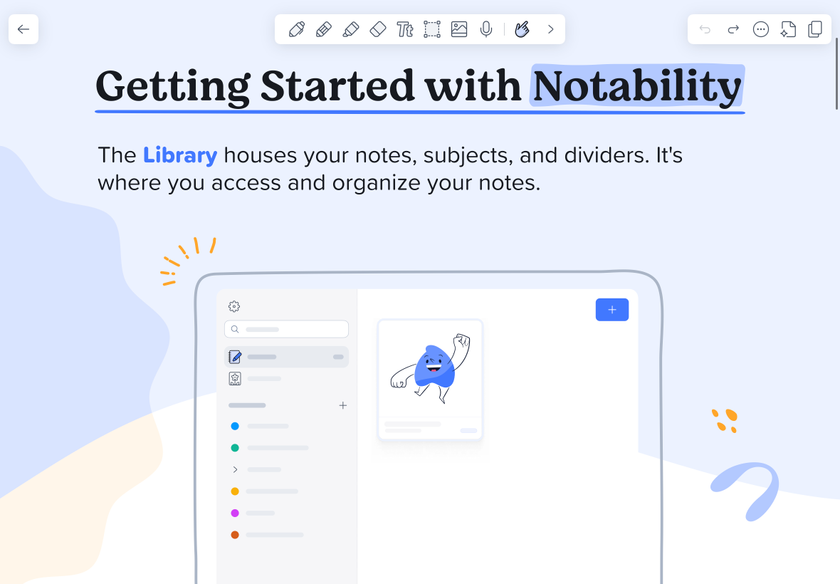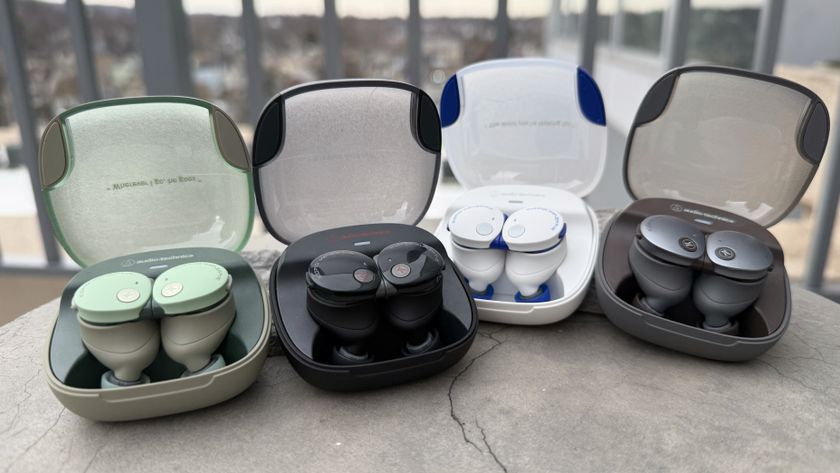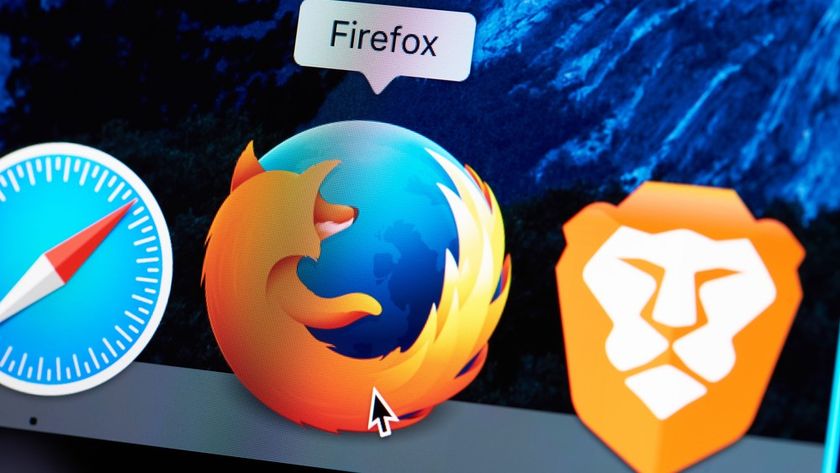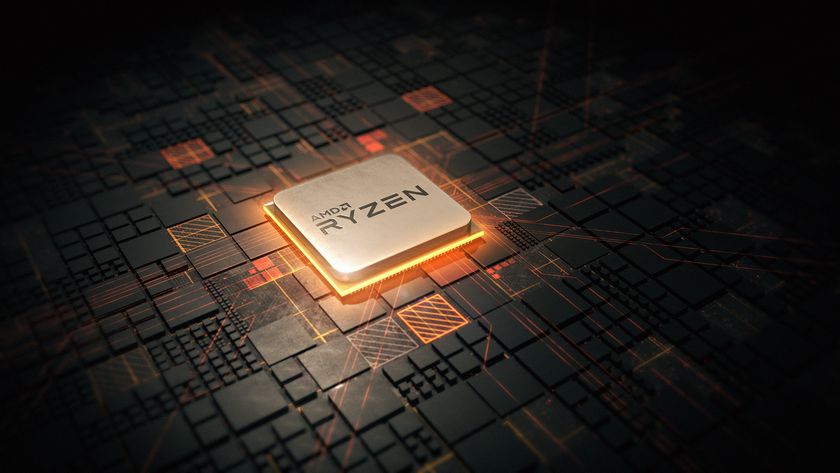Here's why Bing is a vital cog in the Microsoft machine
It's much more than just a search engine…
That's not to say that text-based searches aren't something that Bing does well. According to a regulatory filing last year, Bing is now bringing in $1 billion (around £750 million, AU$1.3 billion) every quarter, although it's unclear how much of that is profit. The figure is growing, too, with 2015 seeing double digit increases as the year progressed.
This increased revenue is driven by Microsoft taking into consideration the needs of advertisers, the main client of any search engine.
'All in' on search
According to Rik van der Kooi, corporate vice president for advertiser and publisher solutions at Microsoft, the company is 'all in' on Bing and search generally.
"We're all in on search," he said at a meeting of advertisers last year. "Some doubted our commitment, [but] we've built a business that's on the path to success. We're all in."
Van der Kooi outlined a plan for Bing's expansions, according to media reports, which focused on three core components: building on Windows phones (especially in European markets); integration with existing products (like Office); and partnerships (like Siri, the virtual assistant from Apple).
The Windows phone prong now seems doubtful – although Europe is a rare area of joy for the platform – but the other strategies seem to be taking shape, especially those related to pre-existing Microsoft products.
Xiaoice magic
Internationally, Bing is much stronger than in the West. Xiaoice, a Microsoft research project in China, translates as 'Little Bing' and has been a big hit.
Are you a pro? Subscribe to our newsletter
Sign up to the TechRadar Pro newsletter to get all the top news, opinion, features and guidance your business needs to succeed!
According to Yongdong Wang, a senior researcher on the project, the company is seeing massive adoption of Xiaoice, which uses social media, and other informal communications platforms, to generate responses.
"Xiaoice can exchange views on any topic," Wang wrote in a science journal in January. "If it's something she doesn't know much about, she will try to cover it up. If that doesn't work, she might become embarrassed or even angry, just like a human would."
While the company has no plans to bring Xiaoice to Europe or the Americas, the technology that it is built on could make its way over here and that could mean vast improvements for Bing.
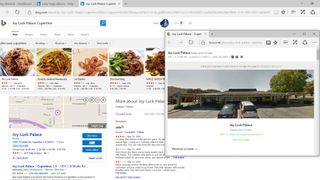
Future of Bing
The future of Bing will most probably be something like today. Microsoft will push forward with integration into key products, expansion of artificial intelligence and machine learning capabilities, and general improvements for end-users of the search engine as well as raking in additional revenue from advertisers.
Don't think though, that because the song remains generally the same, this means Bing isn't important – it's definitely one of Microsoft's key assets going forward. As the tech world changes, having a pre-built insight into what people are searching, the language they are using and so forth will be incredibly useful for Redmond.
- Check out how Microsoft's Bing is experimenting on you
Max Slater-Robins has been writing about technology for nearly a decade at various outlets, covering the rise of the technology giants, trends in enterprise and SaaS companies, and much more besides. Originally from Suffolk, he currently lives in London and likes a good night out and walks in the countryside.
